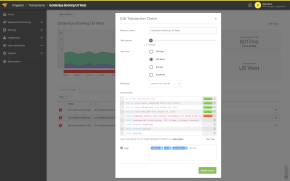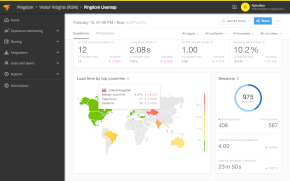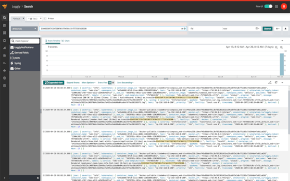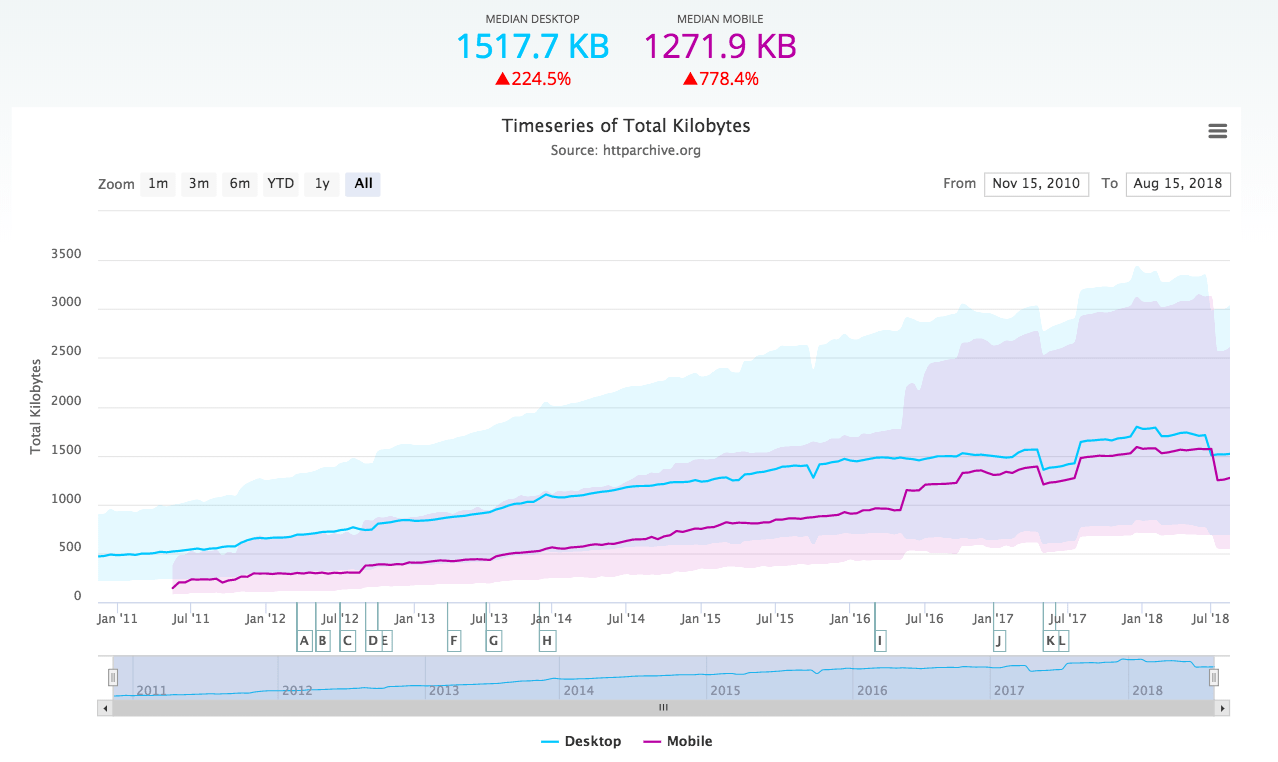
In January, we reported that South Korea has the fastest average Internet connection speed in the world, a position it’s commanded for many years.
Now, in the latest figures from Akamai, covering Q4 2011, South Korea has increased its average Internet speed to 17.5 Mbps with close to 48 Mbps recorded as a peak speed.
Unfortunately, the news for most of the rest of the world is not as good.
South Korea still number one
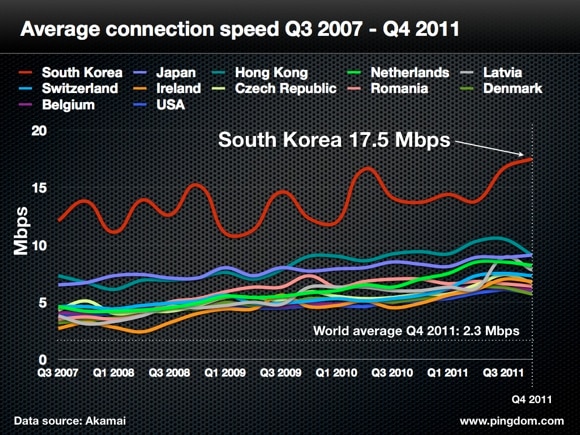
Here are a few things worth noting about the latest Internet speed numbers (quarter to quarter):
- South Korea’s average Internet speed increased from 16.7 Mbps to 17.5 Mbps.
- Japan’s average Internet speed increased somewhat from 8.9 Mbps to 9.1 Mbps.
- In Hong Kong, however, average Internet speed decreased from 10.5 Mbps to 9.1 Mbps. This means Hong Kong now shares the number two spot with Japan.
- Out of all the countries in the top 10 for Q3 2011, only South Korea and Japan experienced an increase in speed in Q4.
- Belgium made an entrance on the list, kicking Denmark off the top 10. Since we had Denmark on the Q3 chart, we kept them on the chart again this time.
- The U.S. scored an average Internet speed of 5.8 Mbps, a slight decline from the 6.1 Mbps it had in Q3. Even though the U.S. came in at number 13, we kept it on the chart as a reference.
It’s worth stressing that we’re talking about average Internet speed here, far below peak connection speed. For example, South Korea recorded a 47.9 Mbps peak connection speed in Q4 2011, and Japan saw a peak of 33.8 Mbps.
Global average Internet speed fell by 15%
Even though the average Internet speed in South Korea increased by 4.8%, the world average decreased during the quarter. In Q3 2011, the world average Internet speed was 2.7 Mbps. By Q4 it had fallen to 2.3 Mbps, a decrease by 15%.
Globally, 93 countries saw the average Internet speed fall in Q4, and only 41 countries scored an increase.
Hoping for short-lived decline
Again, we say congratulations to all Internet users in South Korea. For almost everyone else, let’s hope the decline is a short-lived one.
If you don’t already live in South Korea, would you consider moving there just so you could get a faster Internet connection? We would 🙂
Image (top) via Shutterstock. You can download a higher-quality version of the chart here.
